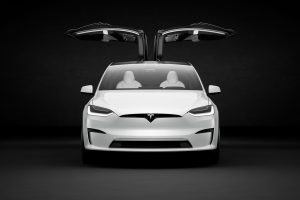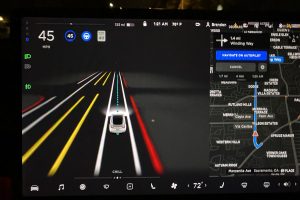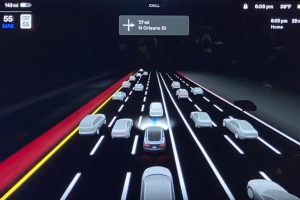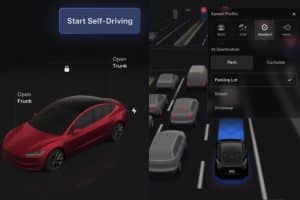Tesla is now facing its 40th NHTSA investigation regarding its autonomous driving systems.
Besides its electric vehicle offerings generally, Tesla’s most controversial product is its suite of autonomous driving offerings. And while owners are consistently amazed by the capabilities of these systems, which operate without mistake for the majority of the time, the software offerings have nonetheless been surrounded by controversy following numerous high-profile cases. That has played out once again this past week, with the NHTSA opening its 40th probe into the automaker’s autonomous driving systems.
As initially reported by Reuters, the NHTSA’s special crash investigation was spurred following a Tesla vehicle colliding with a high schooler getting off their school bus in North Carolina. Despite the school bus stopping and displaying its stop signs and lights, the student was hit by the Tesla, which failed to stop. The North Carolina State Police have since charged the 51-year-old driver.
It should be noted that at this point, the NHTSA is unsure whether the Tesla autopilot system was engaged at the time of the accident or if the driver had decided not to stop, hence the agency’s current investigation.
Neither Tesla nor Elon Musk has responded to the recent investigation announcement or the school bus accident, though the automaker has been consistent with its message in the past. Even when autopilot systems are engaged on the vehicle, drivers are expected to remain attentive and in control should the vehicle make a mistake or act irrationally.
The NHTSA’s most recent investigations have highlighted two concerns. Foremost, investigators want to ensure that Tesla’s autonomous driving systems can react correctly to emergency vehicles and other vehicles that may be forced to stop irregularly, like school buses. Second, investigators are looking to ensure drivers consistently follow Tesla’s instructions and remain vigilant while using the systems.
This second point has been most recently highlighted in a lawsuit between Tesla and the State of California, which has resulted in the automaker no longer calling its autonomous driving system “Full Self Driving” in the state. The State of California argued the FSD terminology misled consumers into thinking the system was, in effect, level 3 autonomous capable when it was not.





